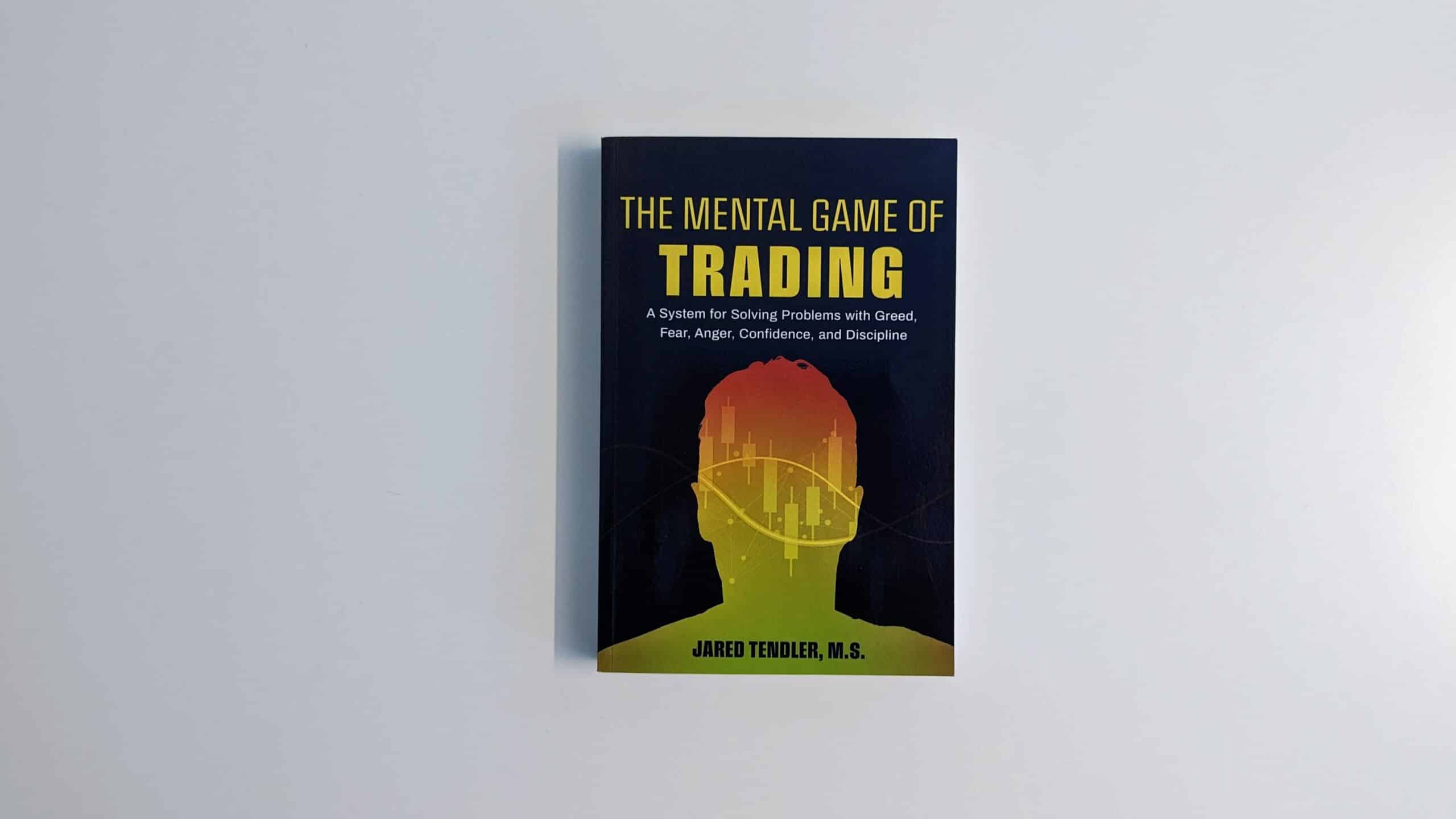“The Mental Game of Trading” by Jared Tendler is a comprehensive guide that focuses on the psychological aspects of trading in order to help traders improve their decision-making, risk management, and overall performance. Tendler emphasizes the importance of mental strength and resilience, which are often overlooked in trading education.
The book is divided into several sections, each addressing different aspects of the mental game of trading. Key concepts and measures for traders to improve their trading skills include:
- Emotional Control: Tendler advises traders to recognize and understand their emotions, rather than suppressing them. By identifying patterns in their emotional responses, traders can develop strategies to maintain control during stressful situations, leading to better decision-making.
- Goal Setting: Tendler emphasizes the importance of setting realistic, achievable goals to keep traders motivated and focused on growth. These goals should be process-oriented, focusing on areas of improvement, rather than purely profit-driven.
- Developing a Growth Mindset: Tendler encourages traders to develop a growth mindset, which emphasizes continuous learning and development. By viewing challenges and setbacks as opportunities for growth, traders can become more adaptive and resilient in the face of market volatility.
- Pre- and Post-Trade Routines: Establishing a consistent routine before and after each trade can help traders stay focused and disciplined. These routines may include reviewing trade plans, setting daily goals, and analyzing past trades to learn from successes and failures.
- Self-Reflection: Regular self-reflection is essential for traders to assess their mental state, identify areas for improvement, and develop strategies for addressing weaknesses. Journaling, meditation, and other mindfulness practices can be effective tools for cultivating self-awareness and mental clarity.
- Managing Expectations: Traders need to manage their expectations about market outcomes, as well as their own performance. Unrealistic expectations can lead to excessive risk-taking, impulsive decisions, and emotional distress.
- Building Confidence: Confidence is crucial for successful trading. Tendler suggests focusing on building a strong foundation of knowledge, honing trading skills, and cultivating a track record of consistent performance to develop and maintain confidence.
- Dealing with Losses: Learning to cope with losses and setbacks is critical for long-term success in trading. Tendler encourages traders to view losses as opportunities for learning and improvement, rather than as personal failures.
By incorporating these measures into their trading practice, traders can develop the mental fortitude and resilience needed to navigate the complex and often emotionally charged world of trading. “The Mental Game of Trading” provides valuable insights and practical advice for traders at all levels, helping them to improve their performance, manage risk, and ultimately achieve their trading goals.









